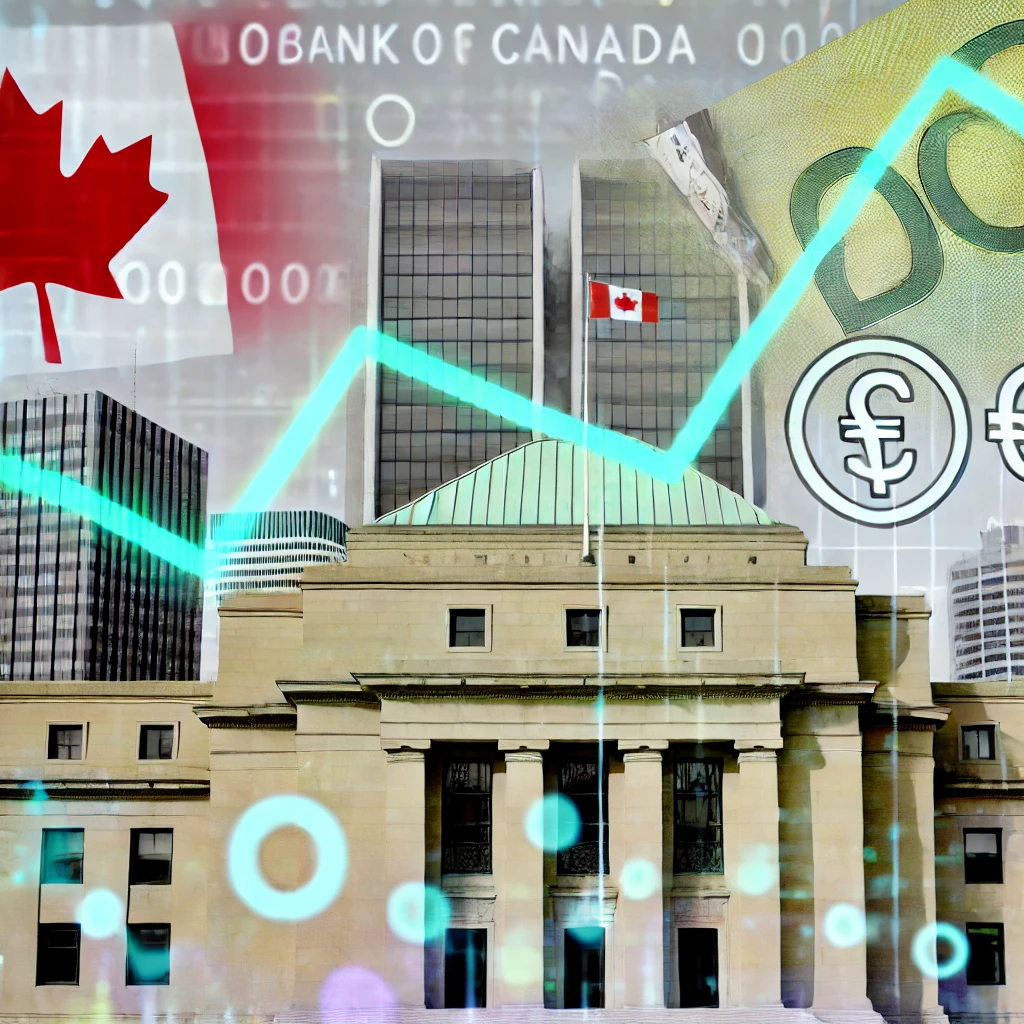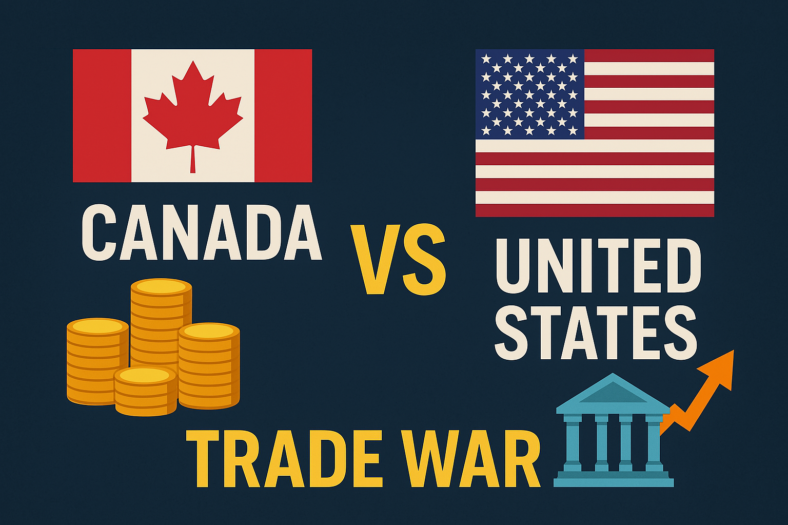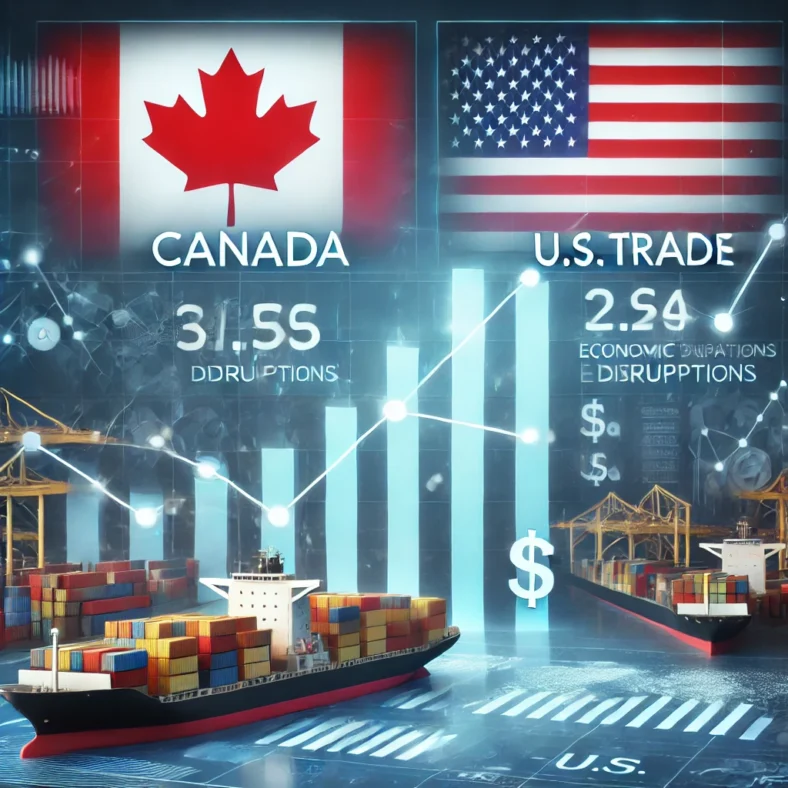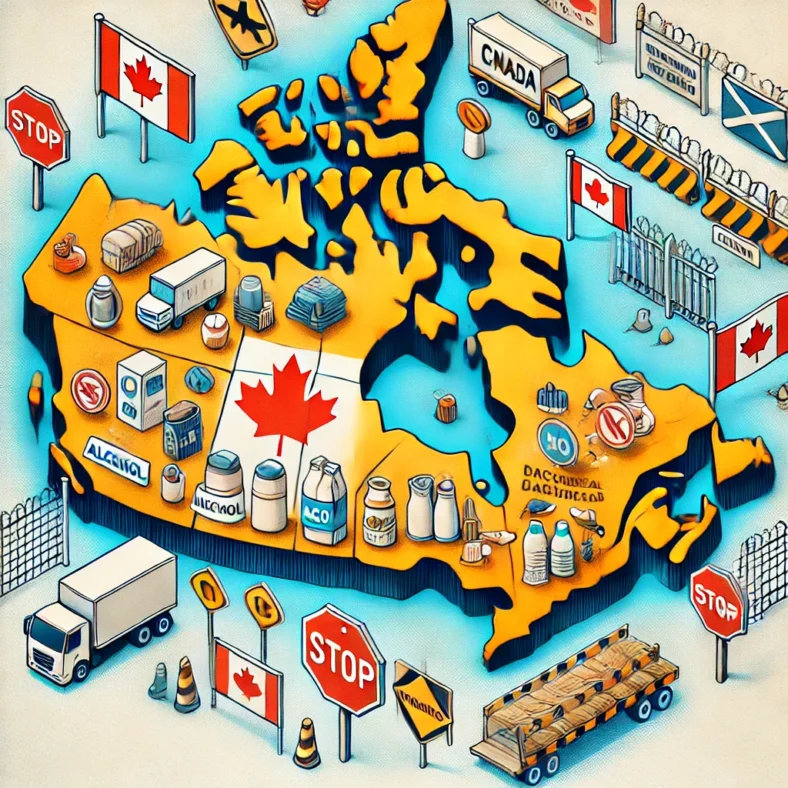The Bank of Canada’s leadership voiced significant concerns before deciding on this month’s interest rate cut, worried that the rate relief could potentially lead to an overheated housing market.
According to the latest deliberation summary from the Bank of Canada’s June 5 monetary policy meeting, the Governing Council voted to reduce the benchmark rate from 5.00% to 4.75%.
During the decision-making process, council members showed increased confidence that inflation would continue moving towards the 2% target. This confidence stemmed from observing a decline in the Bank’s preferred core inflation measures for four consecutive months.
“They also agreed that if inflation continued to ease and remained on a sustainable track to the 2% target, it was reasonable to expect further cuts to the policy interest rate,” the summary reads.
The members noted that the rate easing would be gradual, aligned with the projected steady decline in inflation until it reaches the neutral target in 2025. Future rate cuts will be dependent on incoming data, with monetary policy decisions being made “one meeting at a time.”
Potential Inflation and Economic Growth Risks
Despite the downward trend in inflation, the council discussed several risks that could affect future inflation and economic growth.
One key concern was that cutting the policy rate “could lead to an overheated housing market, given pent-up demand.” An overheated housing market could push up prices, potentially reigniting inflationary pressures and complicating the Bank’s efforts to sustain economic growth.
Another risk highlighted was the impact on economic growth as consumers adjust their spending in response to higher mortgage payments upon renewal. The Bank of Canada estimates that about 80% of all mortgages outstanding as of March 2022 will need renewal by the end of 2024.
“The large number of households renewing mortgages at higher rates and with higher payments in 2025 could curb spending and dampen economic activity and inflation more than expected,” the summary noted.
Conversely, members acknowledged that consumption could rebound more than expected as consumer confidence improves, while “persistently strong wage growth” and low productivity could add inflationary pressures.
Michael Davenport, an economist at Oxford Economics, reported that the upcoming mortgage payment shock would impact households in the coming months, leading to a decline in consumption in Q2 and Q3, potentially “helping push the economy into a modest recession this year.”
Oxford Economics forecasts that this could reduce the Bank of Canada’s policy rate from 4.75% to 2.25% by late 2026.
However, if the economy avoids a downturn, labor markets remain strong, wage growth continues, or house prices rise too quickly, the central bank’s easing path could be jeopardized.
In such scenarios, “the Bank may delay easing and hold the policy rate higher for longer, or even resume hiking later this year,” Davenport warns.
The Bank of Canada’s next rate decision is scheduled for July 24.
FAQs about the Bank of Canada’s Interest Rate Decision
1. Why did the Bank of Canada decide to cut the interest rate?
The Bank of Canada decided to cut the interest rate to 4.75% from 5.00% to support economic growth and ensure inflation continues its progress toward the 2% target.
2. What concerns were raised by the Bank of Canada regarding the rate cut?
The primary concern was that the rate cut could potentially overheat the housing market, leading to increased home prices and inflationary pressures, which could complicate efforts to maintain stable economic growth.
3. How will the Bank of Canada determine future interest rate changes?
Future interest rate changes will depend on incoming economic data. The Bank of Canada’s Governing Council will make decisions “one meeting at a time” based on the progress of inflation and economic conditions.
4. What risks did the Bank of Canada identify related to economic growth?
The Bank noted that higher mortgage payments upon renewal could curb consumer spending, dampening economic activity and inflation. Conversely, improved consumer confidence and strong wage growth could increase inflationary pressures.
5. What is the forecast for the Bank of Canada’s policy rate in the coming years?
According to Oxford Economics, the policy rate could drop to 2.25% by late 2026 if the economy faces a modest recession. However, if economic conditions remain strong, the Bank may delay easing or even resume rate hikes later this year.




















